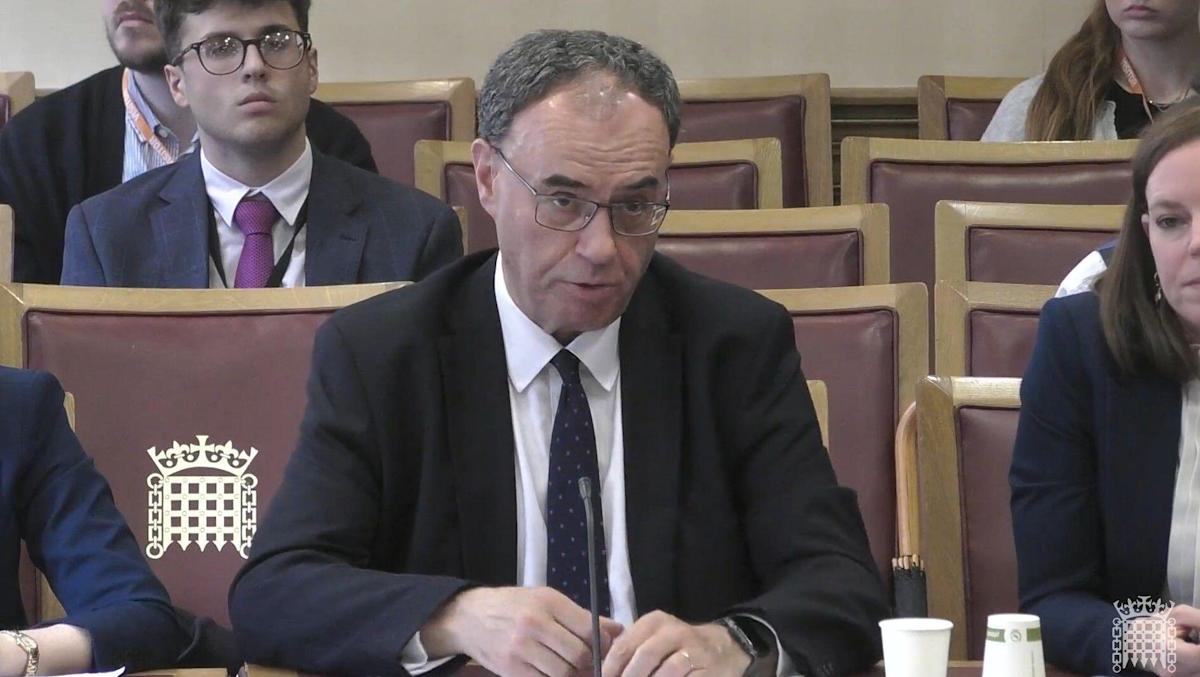The governor of the Bank of England (BoE) has warned that the recent collapse of two US private credit-backed companies could signal broader risks across opaque and highly leveraged corners of the financial system, echoing concerns that preceded the 2008 crisis.
Speaking to the House of Lords Financial Services Regulation Committee, Andrew Bailey said the defaults of car parts supplier First Brands and subprime auto lender Tricolor may either be isolated events or an early warning of deeper vulnerabilities in private markets.
“Are these cases idiosyncratic or are they what are called ‘the canary in the coal mine’? In other words are they telling us something more fundamental…? I think that is still a very open question,” he said.
The failures have prompted renewed scrutiny of the booming private credit market, where loans are issued by non-bank lenders with less stringent regulatory oversight, as well as its growing interconnections with the broader financial system. Shares of some US banks have already fallen amid exposure to the defaults.
Bailey drew parallels to past regulatory blind spots, urging caution. He said: “I don’t want to sound too foreboding, but the added reason this question is important is if you go back to before the financial crisis when we were having this debate about subprime mortgages in the US, people were telling us, no it’s too small to be systemic, it’s idiosyncratic in that sense. That was the wrong call.”
Read more: FTSE 100 LIVE: Stocks rise as UK government borrowing in September hits highest for five years
He added: “I’m not saying the call should be the same this time, but it underlines why the question is apposite. There’s a lot we don’t know about First Brands and Tricolor at this time.”
The governor stated that the BoE would incorporate these developments into its ongoing work on private finance.
Bailey said we’re beginning to see the “slicing and dicing and tranching of loan structures” in the financial markets.
“Alarm bells start going off at that point”, if you were involved in regulating the sector before the 2008 financial crisis, he said.
Deputy governor Sarah Breeden shared the same concerns, pointing to the characteristics of the failed firms.
“We can see the vulnerabilities here, the opacity, the leverage, the weak underwriting standards, the interconnections. We can see parallels with the global financial crisis. What we don’t know is how macro-significant those issues are,” she told the committee.
Breeden also announced a new “war game” stress test that will simulate disruption across private markets.
The voluntary exercise will involve banks, insurers, private equity companies, and pension fund investors, she said, adding that it aims to test the linkages between private credit and other sectors.
Asked whether a liquidity crunch could emerge if private equity firms found themselves stuck with hard-to-sell assets, Breeden pointed to a key structural difference from the banking system.
“A really important point about private equity is that its funding is long-term,” she said. “It doesn’t hold ‘runable liabilities’ like banks do.”
Read more: UK government borrowing soars to highest in 5 years for September
The BoE officials were giving evidence as part of the Lords’ inquiry into the growth of private markets in the UK since the financial crisis. The committee is investigating whether post-2008 regulations have pushed risk into less visible corners of the system, and whether the central bank has sufficient oversight of these interlinked markets.
Bailey said he was concerned about potential conflicts of interest from private finance companies buying life insurers which then bought assets owned by the private finance companies.
The BoE governor also suggested that Brexit has had a negative impact on the UK economy, particularly by reducing trade openness and hitting productivity in the short term.
“So far, Brexit has made the economy less open to trade, that will have a negative effect for a period,” Bailey told peers.
He added that while trade patterns adapt over time, the initial shock can be damaging. “Over time, trade adjusts… but in the initial phase that would have an effect on productivity by reducing the openness of the economy, the ability to exploit the division of labour.”
Download the Yahoo Finance app, available for Apple and Android.
